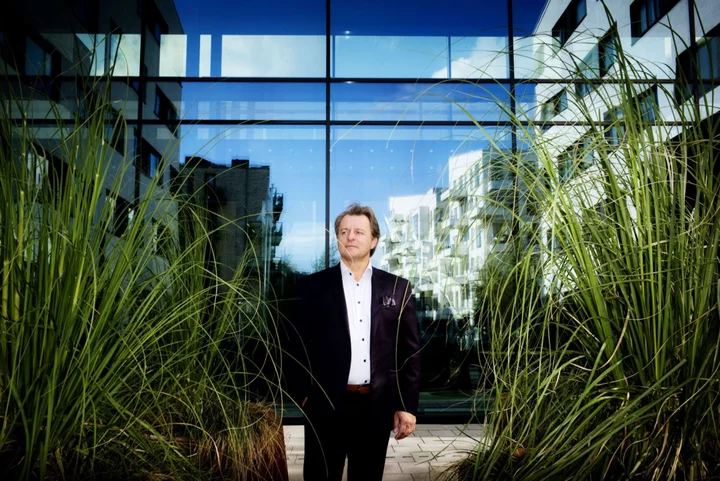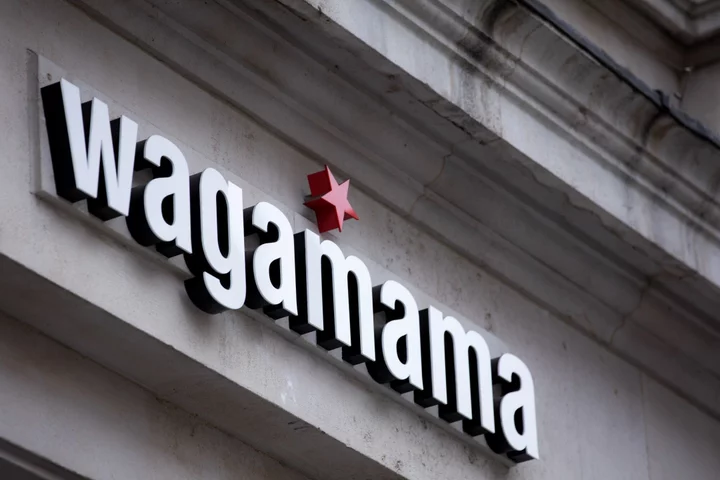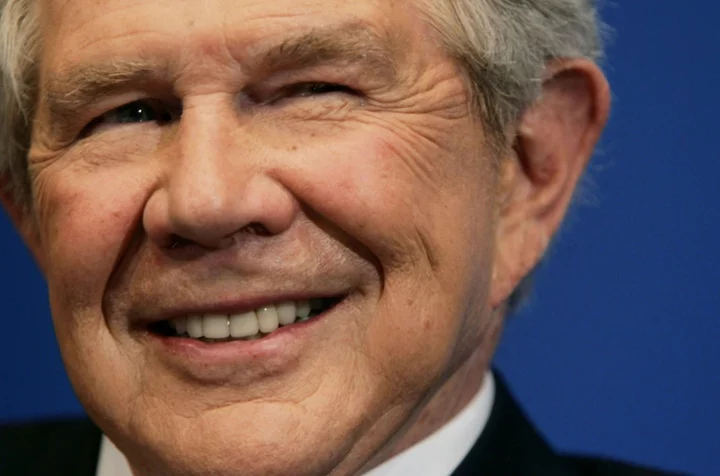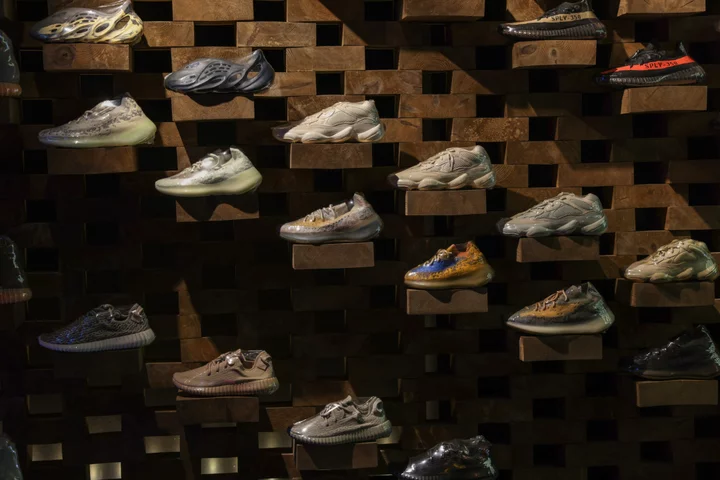Pandora A/S has found the sweet spot to seize on rising demand for lab-grown diamonds in the US and other markets, the company’s chief executive officer said, positioning it for long-term growth.
Pandora’s consumers spend on average around $100 when they shop at the mass-market jeweler. But it decided several years ago to bet big on lab-grown diamonds, pitching them as accessible luxury purchases for mass-market shoppers. Items in the US include a $1,750 one-carat gold ring.
“It’s very nice, incremental gross profit,” CEO Alexander Lacik said in an interview.
By contrast, higher-end jewelers lack the incentive to sell as many lab-grown diamonds, Lacik said, because the category represents a down-market move into a cheaper, less profitable product. “The earnings model simply doesn’t work,” he said. “This is the real reason why it’s an issue for them.”
By offering pricier options, Pandora is “moving up” in its business model, Lacik said. “So for me, it’s Christmas every day when I make a transaction,” he said, “because this comes on top of my existing business.”
Read More: Pandora Has Cheaper Diamonds, But Is Not Marketing Them That Way
Pandora focuses on selling jewelry for self-purchase and gifting and hasn’t targeted the bridal market. Weddings account for around half of the business at competitors including Signet Jewelers Ltd., which owns brands including Zales and Jared.
Denmark-based Pandora is selling lab-grown diamonds in its stores and online in the UK and US and recently launched in Australia. The jeweler will make the products available in Brazil and Mexico later this year as part of its plans to expand the offering globally.
Sales of the company’s lab-grown diamond jewelry have been in line with the “expectations that we had,” Lacik said, declining to provide further details ahead of Pandora’s third-quarter earnings report in November.
For the holiday season, Lacik added, “we have a pretty strong view on our expectations for Q4.”









